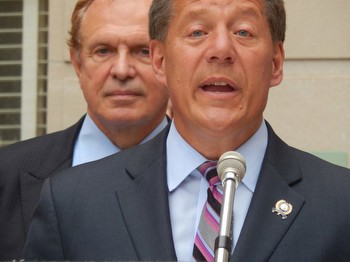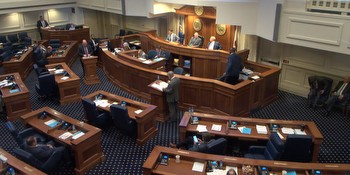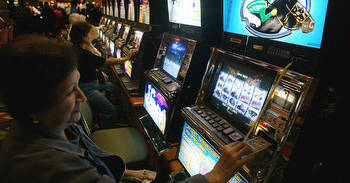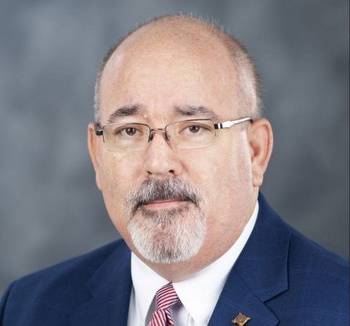Online betting: the gambler’s e-cigarette
Online betting allows users to place bets on things like sporting event outcomes anywhere that their phone has internet access. With Delaware, Nevada and New Jersey starting the wave of online gambling legalization, Mississippi is now taking strides to follow suit.
Last week, the Mississippi House passed a bill that brings online gambling one step closer to becoming fully legal in Mississippi. The bill will link sports betting apps to various Mississippi casinos to allow them to profit off of the gambling habits of Mississippians.
In Mississippi, the most prevalent form of online gambling is to bet on the projected stats of athletes rather than the overall outcome of the game, or prop bets. For example, online gambling platforms in Mississippi will allow you to bet that Patrick Mahomes will throw for higher/lower than 265.5 passing yards, but you can’t bet on whether the Chiefs will win the game.
Two weeks ago during the NFL playoff games, I placed a variety of bets in an attempt to understand the hype around gambling. One thing I learned from the various bets I made is that you win some but lose a lot, lot more.
I also learned that these apps are designed to make you want to keep gambling. They make it easy to stake your money. Online betting is effectively the e-cigarette of gambling.
In the past 10 years, vapes and nicotine pouches have been highly popularized because of their convenience and subtlety in a society that has demonized traditional forms of tobacco like cigarettes. Online gambling is making its way as another convenient addiction for younger and older Americans alike.
Online gambling has spread like wildfire because of its addictive properties. According to an article from Harvard Medical School, gambling is dangerous because it targets the same centers of the brain that every addiction does.
These apps profit off of individuals that believe they have done the research to place a realistic bet, but when that bet goes out of the window, they often spend more money to try to hedge their losses and come out even. This process creates a vicious cycle that causes people to spend more and more money trying to make up what they already lost.
This cycle is true of all gambling, but the accessibility of online gambling is what makes it dangerous. An individual could place bets in their car, at work, on their couch or in the shower. By giving people 24/7 access to gambling, cases of addiction could easily go from bad to destructive.
Gambling addiction to some may seem abstract, but it starts by making small bets and steadily intensifies to the point where some people are draining their 401(k) accounts in an attempt to win big.
The question, however, is not whether gambling can be bad for you. The question is should Mississippi’s government do something to prevent it? Currently, online gambling in Mississippi is watered down, limited to only prop bets, for the most part.
The benefit of the online betting bill is that Mississippi casinos and the government could benefit from the money that could then be poured into local communities. The bill would implement taxation directing 12% of the money generated to state infrastructure. Better infrastructure and more business for the state’s casinos could positively affect many Mississippians through the tax revenue casinos raise. Mississippi Casinos raised over $100 million in tax revenue in 2023. By these metrics, this bill is fantastic, but should the state legalize it?
I say no.
Online sports betting is not the same as traditional gambling. By being able to do it anywhere, you are likely to engage in the act more frequently — as is the case with vaping. Making online sports betting more accessible increases the likelihood that people will become addicted to the extent that they are led to financial ruin. There are plenty of ways the state of Mississippi can improve the state’s economy without passing legislation that can lead to addiction.
Addiction, in some form or another, in some form or another, is already a prevalent disease in Mississippi and most parts of the United States. The availability of online sports betting only encourages unhealthy habits. It is time to understand that no economic growth is worth the endangerment of Mississippi citizens.
David Ramsey is a junior public policy leadership major from Madison, Miss.


































.jpg)



